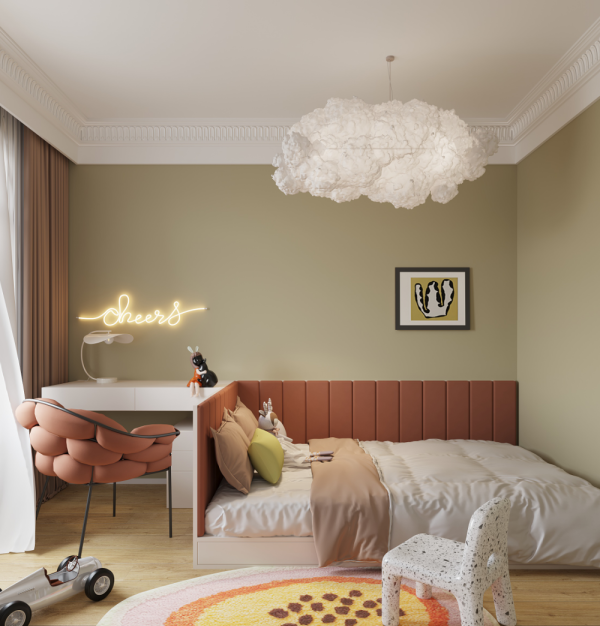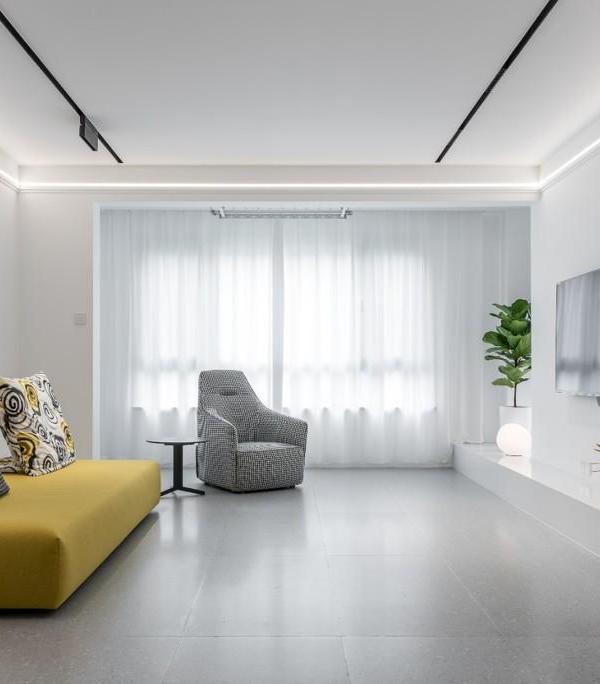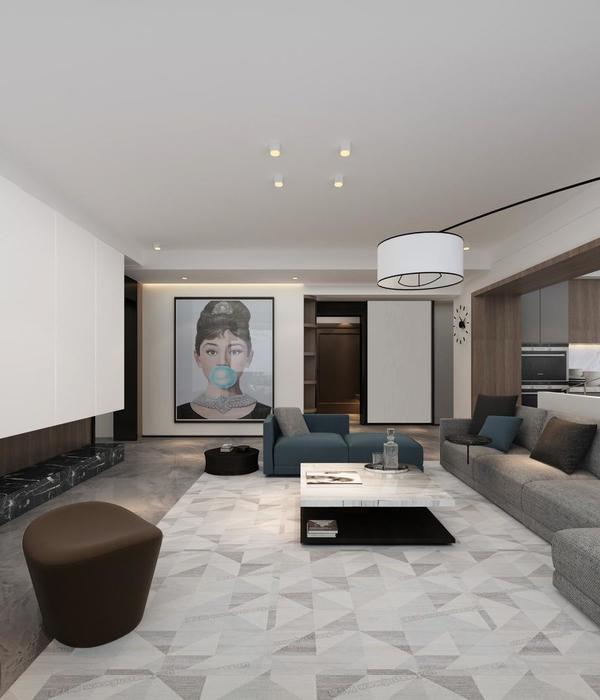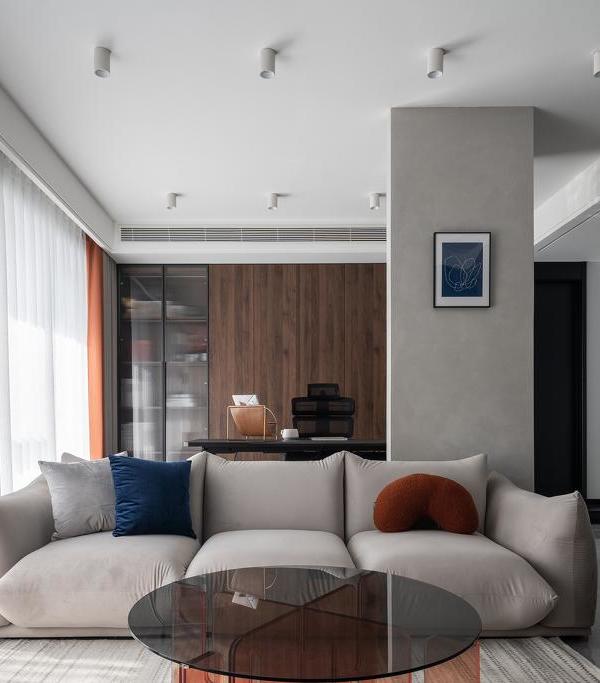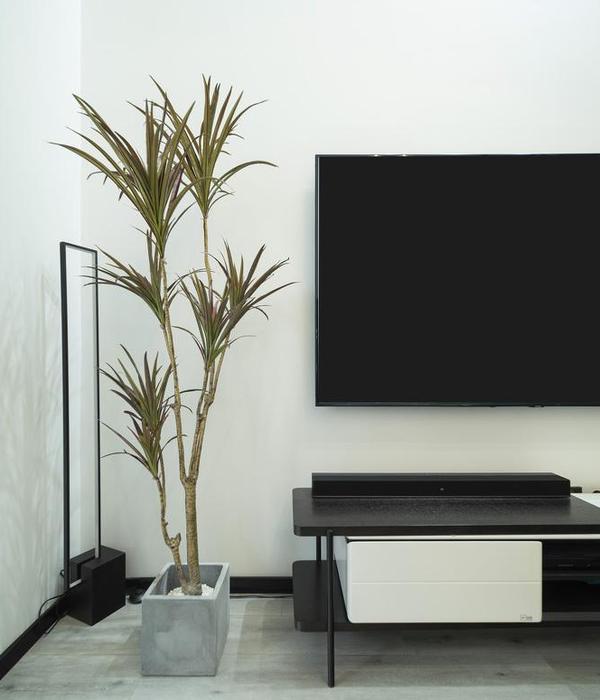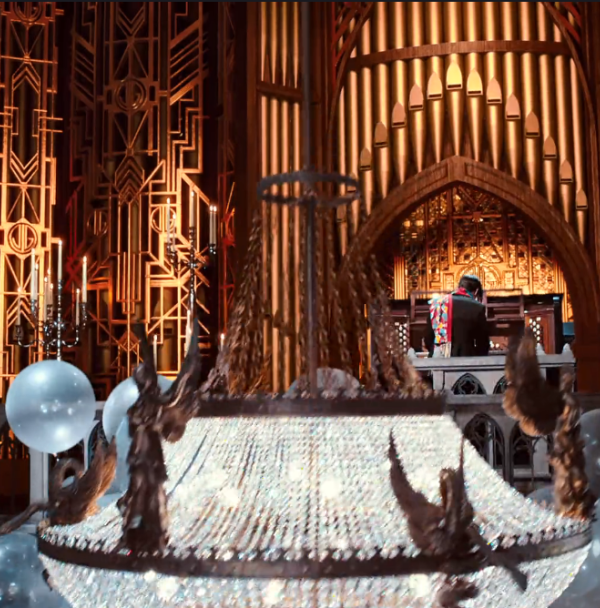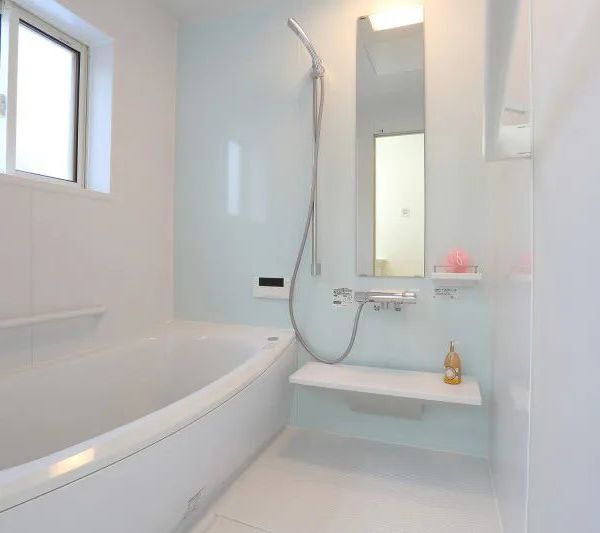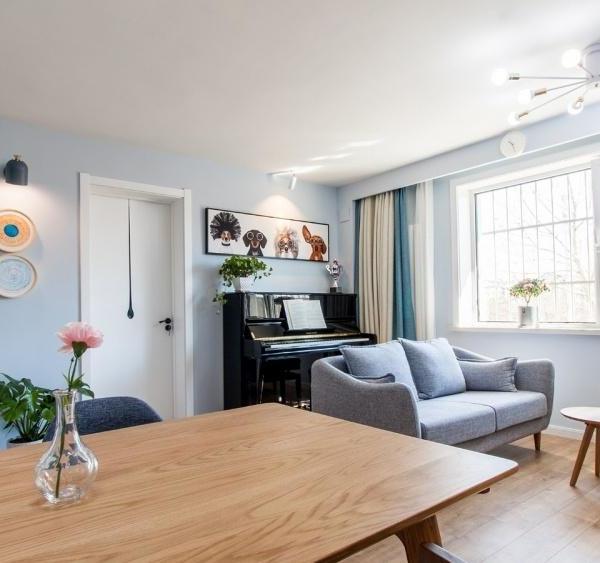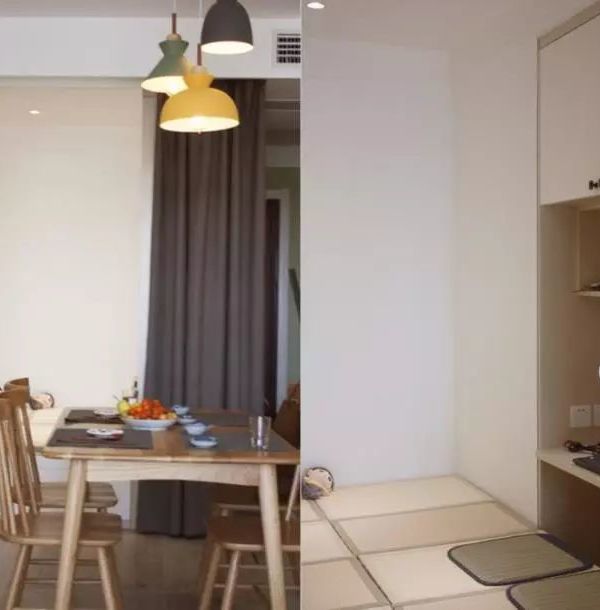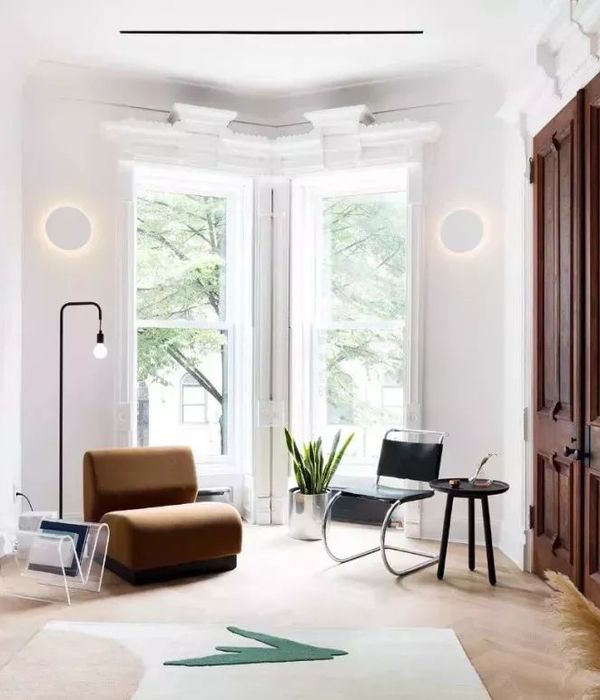来自
AS arquitectura
新生的墨西哥老庄园
利用变化的使用方法,迥异的建筑风格以及流逝的时间,建筑师使得墨西哥东南部的Niop庄园的成为一个由内之外都与众不同的地方。
考虑到传统中的新兴文化,再想想过去,我们要把这一系列以前被畜牧和纺织占有的建筑转变成一个有高级酒店,大宴会厅,周末聚会的地方,同时还可以把它变成一个让人忘记日常生活的喧嚣与负担的地方。
该项目含有一系列微妙的干预措施,从不同计划区域重新组合的大纲,到解决最复杂细节的讲究,即如何将当下和原来合并起来。
The constant changes of use, the presence of different architectural styles, and the passing of time, made Niop a very different place in terms of layout and operation from the traditional conception of a Hacienda in Southeast Mexico.
Given the emerging culture of recovering traditions and looking to the past, we seek to transform this set of buildings that were previously occupied by livestock and textiles into an area of coexistence, a boutique hotel, a grand ballroom, a weekend residence and why not, also a place to forget the hustle and burden of everyday life.
The project consists of a series of subtle interventions, ranging from the generality of reorganizing the different program areas, to the particularity of solving the most intricate detail of how the contemporary merges with the pre-existing.
综合功能场地
因此,我们认为在这个新的项目中,计划中应包括一个餐厅,多个宴会厅,多个休息室及提供服务的场所,举办各种活动的大型开放场地,客户,别墅,及用于沉思和隔离的许多空间。
Thus we define that in this new project, the program shall include a restaurant, banquet halls, restrooms and support services, large open spaces for holding various events, rooms, villas, and many spaces for reflection and isolation.
长廊
首先,我们设计了一个具有奇特效果的长廊,可以引导游客逐渐发现空间。在到达项目时,绕过停车场,到达大厅,会看到一个大石毯展现在我们面前,邀请我们来体验无限的可能性。
毅然浮在石砌块上的钢格栅栏还很完整。穿过它,好像在地面上印下影子,那里留下了一个木牌,强调循环的方向性。
Firstly, we designed a promenade with a surprise effect, as we take the visitor to discover the space gradually. Upon reaching the project and detouring towards the parking area, one reaches the lobby, there we find a large stone carpet that unfolds towards us to invite us to go up and look from above the infinite possibilities of the experience to come.
A steel grill floats daringly between the stone blocks that remain intact. Across it, as if imprinting a shadow on the pavement, it leaves a wooden plaque that emphasizes the directionality of circulation.
建筑
教堂,婚礼套房及卧室拥有相连的混凝土地下室,地板上的一笔一划,是参考缝隙和固体的结果,这使我们不得不去看看他们,在偶然的笔画交点上,它们为植物生长和影子的出现提供了新的可能。
A concrete basement links the buildings, The Chapel, The Bridal Suite, and the Bedroom Area now share a common ground. The strokes on the floor, resulting from the references of voids and solids, force us to look at them and occasionally on their intersections they open new possibilities for the growth of vegetation and the appearance of shadows that move on this platform.
古墙 水池 景观
倒影池那里有一幢建筑遗留下来的保留墙壁;其形状与现有水池几何图形呼应,与老建筑形成对话。漂在水面上木板联系着下沉景观广场。从地下室的一端;在建筑废墟中,未来将在那里建一个的卧室;在那里还会出现一个线性循环,将我们和项目的主人公连接起来,并且通向碎石广场,那里有一个被聚光灯照耀的Vente。
A reflecting pool traps and holds the remaining walls of a building that refuses to disappear; if its shape has resulted from existing geometry, why not repeat it as a seam, as a dynamic dialogue between the previous program and the new one.
Another wooden plate appears, but it now floats on the water and then splits down to connect the basement with the landscaped esplanade. From the end of the basement; flanked by a ruined building that will house the bedroom area in the future; arises a linear circulation that connects us to one of the many protagonists of the project, leading to a gravel square where a huge Vente is under the spotlight.
卫生间的新变化
To complement the new program of the property, certain programmatic elements as a reception and restrooms for men and women have been included. The interventions of these new occupants within the complex are inserted discreetly.
树藤与墙
Carpet like floors that never touch the walls, metal roofs that are supported by slender columns respect the original envelope and in the resulting gaps are filled with vegetation.
钢材,石材, chukum(一种树),木材和玻璃,都是改建时常用材料,其目的是为了让建筑不突兀的融入环境和历史,让人们在这里感受到尊重。
Hacienda Master Plan
Steel, stone, chukum, wood and glass are the range of materials chosen for the intervention, its purpose is to remind that the protagonist in this case is not the architecture that loudly says: see me, but one that humbly lowers its head and lets its elders gain the recognition that they have aged in a dignified manner.
Architects: AS arquitectura, R79
Location: Champoton, Campeche, Mexico
Project Year: 2014
Photographs: David Cervera Castro
Design Team: Alejandra Abreu Sacramento, Xavier Abreu Sacramento, Roberto Ramirez Pizarro
Collaborators: Gerardo Trejo, Eduardo Vadillo, Daniela Alvarez, Cristina Madera, Valentina Losa.
Construction: Raúl Uribe Flores
Lighting: Lumínica/ Maribel Morales
MORE:
AS arquitectura
,更多请至:
{{item.text_origin}}

